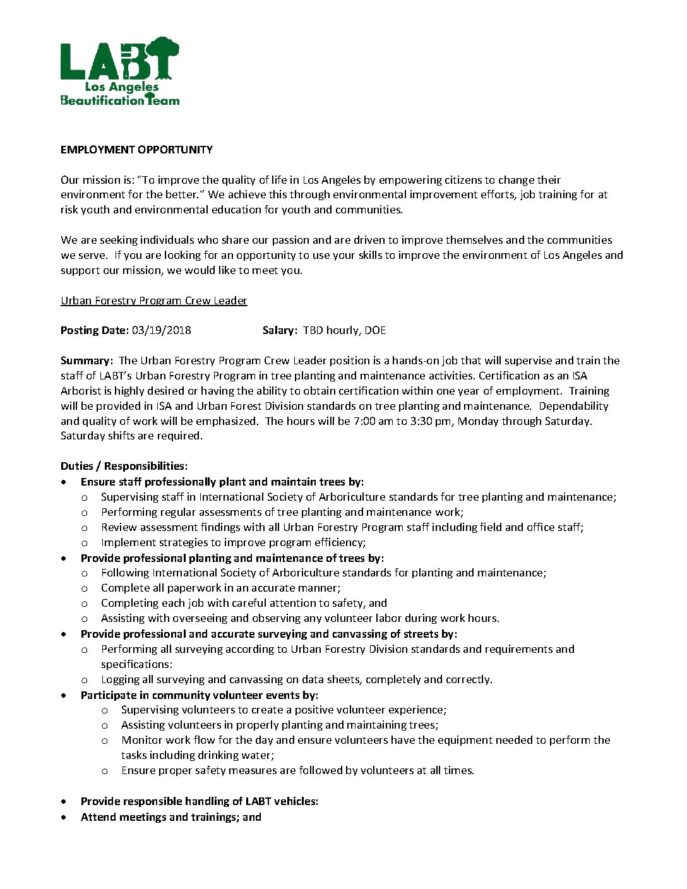

**Improving Accountability in Maintenance and Field Teams**
In the current dynamic and fiercely competitive business landscape, the effectiveness and dependability of maintenance and field teams are essential for operational success. These teams are tasked with ensuring that equipment and infrastructure operate at peak efficiency, directly influencing productivity and customer contentment. Strengthening accountability within these teams is vital for reaching these objectives. Below are several tactics to enhance accountability in maintenance and field teams.
**1. Explicit Communication of Roles and Responsibilities**
To boost accountability, it is important to clearly articulate the roles and responsibilities of each team member. This means specifying individual tasks, expected results, and performance expectations. With a clear grasp of their roles, team members can be held responsible for their work. Regular meetings and updates can help reinforce these roles and ensure alignment among all members.
**2. Deployment of Effective Tracking Systems**
Leveraging technology to monitor tasks and progress is a crucial element of accountability. Integrating a computerized maintenance management system (CMMS) or field service management software can deliver real-time insights into work orders, equipment conditions, and team effectiveness. These systems empower managers to track progress, pinpoint delays, and guarantee timely completion of tasks.
**3. Defining Measurable Objectives and KPIs**
Formulating clear, measurable objectives and key performance indicators (KPIs) is imperative for accountability. These metrics should resonate with the organization’s goals and create a standard for assessing performance. Regular assessments of these metrics assist in identifying improvement opportunities and acknowledging top-performing team members.
**4. Facilitating Training and Development**
Ongoing training and development are crucial for upholding high standards of accountability. By investing in the expertise and knowledge of maintenance and field teams, organizations can ensure team members are prepared to fulfill their responsibilities effectively. Training initiatives should emphasize technical abilities, safety measures, and interpersonal skills like communication and problem-solving.
**5. Promoting a Culture of Accountability**
Establishing a culture that prioritizes accountability begins with leadership. Managers should exemplify accountability in their actions and decisions. Fostering open communication, feedback, and teamwork creates an atmosphere where team members feel responsible for their work and are inspired to meet expectations.
**6. Conducting Regular Performance Evaluations**
Frequent performance evaluations offer a chance to review individual and team performance, discuss obstacles, and set future objectives. These evaluations should be constructive, highlighting both successes and areas needing improvement. By offering feedback and recognition, managers can encourage team members to embrace their responsibilities.
**7. Utilizing Technology for Immediate Feedback**
Technological advancements allow for real-time feedback and communication, which are essential for upholding accountability. Mobile applications and communication platforms enable team members to report issues, update progress, and receive prompt feedback from supervisors. This immediate interaction facilitates swift problem-solving and ensures tasks are performed efficiently.
**8. Acknowledging Accountability and Performance**
Celebrating and rewarding accountability and outstanding performance can encourage team members to uphold high standards. Incentive programs, bonuses, and public acknowledgment are effective methods for recognizing the efforts of team members who consistently meet or surpass expectations. This not only elevates morale but also reinforces the significance of accountability.
**Conclusion**
Improving accountability in maintenance and field teams is a comprehensive approach that encompasses clear communication, technology adoption, objective setting, and a nurturing culture. By applying these strategies, organizations can enhance the effectiveness and reliability of their teams, leading to improved operational results and greater customer satisfaction. Ultimately, fostering accountability is not solely about holding team members answerable but empowering them to take ownership of their roles and contribute to the organization’s success.






